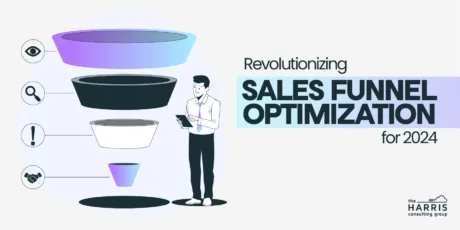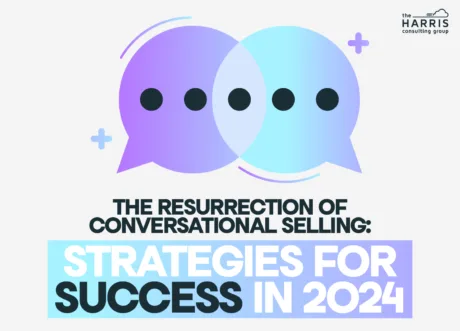Movies are often wildly unrealistic, but there is one cinematic gaff that sticks in my craw more than all the others combined. Two people meet cute, perhaps at a bar, or an ice rink, or whatever the kids are doing these days. And they talk. They flirt. They laugh. And then one of them asks the other out.
“Can I see you sometime?”
“Wanna grab dinner one of these nights?”
The other person says “yes,” and that’s it. That’s IT. They just walk away, smiling to themselves, and we’re supposed to feel happy for them?
If this were real life, those two lovebirds would never see each other again. After getting that wonderful “yes,” they proceed to … leave. Yep, they just leave. They don’t get the other person’s number. They don’t set a date or a time for their aforementioned social engagement. They might not even know each other’s names! And yet they walk away smiling, like they accomplished something. Well attention flimsy movie archetypes: All you accomplished was ensuring a life full of regret for not discussing the actual “process” of your upcoming date. You were so focused on the “yes,” or the Emotional Commitment, that you failed to achieve the “how, when, and where,” or the Physical Commitment. Amateurs.
In sales, the road to a “yes” is often long and challenging, and because of this, arriving at that “yes” can instill a false sense of confidence. The journey is over, you may think. Mission accomplished. However, deals can still go bad. A prospect may end the conversation and never get back to you. The closing process may get delayed for unknown reasons. Soon that “yes” is hanging over your head, taunting you with its lies!
People often ask me to help them improve closing skills, and although I believe that in most cases it’s the discovery skills that actually need improvement, sometimes the salesperson really does do everything right. Until the end.
When a prospect says “yes,” they are confirming the Emotional Commitment. They are telegraphing to you that they are comfortable with the deal and understand that it will benefit them and their business. But confirming the Emotional Commitment is not the same thing as closing on the process.
Too often I see and hear inside sales reps end the conversation after closing the deal. Instead, they should only end the conversation after discussing the process that must be followed to ensure the deal is closed. This part of the discussion is called the Physical Commitment, and it’s the show stopper. The grand finale. To securely close a deal, and ensure the prospect will go through with it, salespeople need to confirm that the prospect is not only comfortable with the deal, but that they know the physical steps necessary to close it, and are ready to execute them.
To confirm the Physical Commitment and truly define the closing process, follow the Emotional Commitment with the following questions, or a variation thereof:
- Ok, so if I send over the contract now, can I expect to have it signed by this Friday?
or
- Ok, so now that I understand we are moving forward, what does that mean within your organization?
- Can you sign off on it, or does that need to be done by someone else? Who?
- Does legal need to review this, and what does that process look like? How many people are involved? How long does the process typically take?
These questions should be part of the conversation. They shouldn’t be asked after the meeting is adjourned, or while the prospect is walking out the door. These questions aren’t asides or afterthoughts. They are vital to the closing process as a whole, and must be treated as such. Otherwise, the questions can feel rushed and unnatural, and very important details can easily be overlooked, assumed, or even misunderstood.
But if asked during the conversation, the answers to these questions will confirm the Physical Commitment, and maximize the odds of the deal going through. If you feel good about the answers to the questions, and confident in the prospect’s Physical Commitment, you can end the conversation there. However, if you still sense some unresolved issues, and harbor doubt concerning the prospect’s Physical Commitment, consider ending the conversation on the following note:
Hey, glad to hear we can move forward and close by [fusion_builder_container hundred_percent=”yes” overflow=”visible”][fusion_builder_row][fusion_builder_column type=”1_1″ background_position=”left top” background_color=”” border_size=”” border_color=”” border_style=”solid” spacing=”yes” background_image=”” background_repeat=”no-repeat” padding=”” margin_top=”0px” margin_bottom=”0px” class=”” id=”” animation_type=”” animation_speed=”0.3″ animation_direction=”left” hide_on_mobile=”no” center_content=”no” min_height=”none”][date]. You know, sometimes I’ve agreed to these steps with clients, only for life/work to delay the process. If I don’t hear back from you by [date], I’d like your permission to politely follow up. I have no desire to be pain in the butt salesperson, but I also don’t want this to slip away. So if I don’t hear back from you or receive the signed contract by [date], can I reach out with a gentle reminder?
The only reason a prospect would say “no” to this request is because they were never fully on board with the deal to begin with. In that case, you just saved yourself a lot of time and energy that would have otherwise been wasted. If they say “yes,” you now have permission to oversee the closing process with special attention. So congratulations, it looks like that date is going to happen after all.
We are curious. What do you say to your prospects to get them to move past the Emotional Commitment and into the Physical Commitment?[/fusion_builder_column][/fusion_builder_row][/fusion_builder_container]





